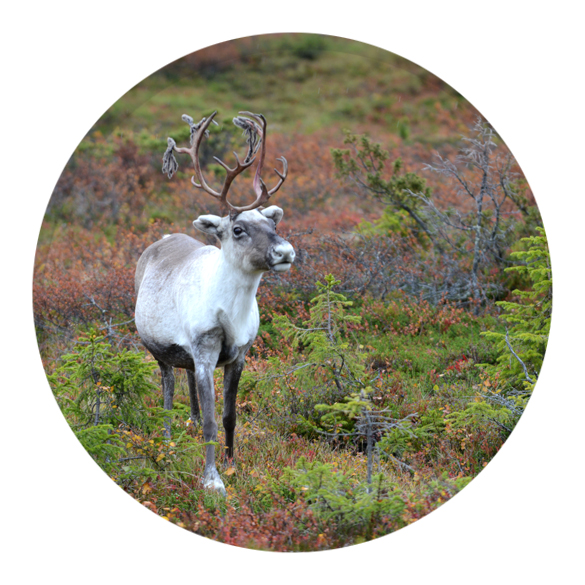Meteorological cooperation in the Arctic Council progressed during the Finnish chairmanship

Finland's two-year chairmanship of the Arctic Council ended in May at the Foreign Ministerial Meeting organised in Rovaniemi. For the next two years, the chairman's gavel will be passed to Iceland.
The development of meteorological cooperation was one of the four priorities of the Finnish chairmanship. Project Manager Johanna Ekman from the Finnish Meteorological Institute is happy with the achieved results.
"The meteorological institutes of all the eight Member States of the Arctic Council worked genuinely together, all the way from specialists to director generals. As a result, we were able to implement the priority area of meteorology very successfully," sums up Ekman.
Climate change is taking place faster in the Arctic region than anywhere else on Earth. Safe and sustainable activities in the changing Arctic environment require close cooperation across national borders. Improved weather conditions data, more accurate weather forecasts, and a deepened understanding of the consequences of climate change enhance the safety of the residents in the area and improve the operating conditions of companies and authorities.
During the Finnish chairmanship, extensive discussions were conducted, among other things, on the improvement of observation activities in the Arctic region. Another objective is to develop even more accurate climate change models that will contribute to the public understanding of the consequences of climate change in the northernmost areas on Earth.
The World Meteorological Organization WMO received observer status in the Arctic Council in 2017 when Finland took over the Council's chairmanship. According to Ekman, the role of an observer was given concrete content and objectives during – and thanks to – the Finnish chairmanship.
"We have brought significant expertise related to the climate, atmosphere, oceans and monitoring to the working groups of the Arctic Council," emphasises Ekman. She believes that Iceland will continue the well-started cooperation and the introduction of meteorological and oceanographic expertise in the working groups of the Arctic Council.
Dialogue with Arctic residents
To end the Finnish chairmanship, and as a side event to the Arctic Council Ministerial Meeting, the Finnish Meteorological Institute organised a seminar in Rovaniemi, bringing together the meteorological institutes of the Arctic Council Member States and an impressive setting of representatives of indigenous peoples, local population and traditional knowledge. In the event, the service providers, that is the meteorological institutes, had an opportunity to hear what kind of knowledge the people living in the Arctic region possess in relation to climate change, weather, ice, snow and sea. In turn, the meteorological community was given the chance to express what kind of expertise they already have to offer and what they are prepared to develop.
"One of the most important results of our chairmanship was the dialogue that we initiated with the population of the Arctic region – with the indigenous peoples as well as local residents. Our goal is to create new services and improve the existing ones to meet the needs of Arctic residents in this changing climate," Johanna Ekman stresses.
Rovaniemi also served as the location for a session of the Pan-Arctic Regional Climate Outlook Forum (PARCOF), where Arctic operators, such as rescue services, urban planners, tourism operators and actors in the marine sector, were able to express their needs and wishes related to their own activities and to their need of climate data that is critical in terms of decision-making. At the end of the workshop, the World Meteorological Organization published a long-range forecast for the Arctic climate and a review of the climate variables observed during the first half of the year.
In connection with the Arctic Meteorology Summit organised by the Finnish Meteorological Institute last year, a joint statement of the international research community was launched, discussing the Arctic climate change, the observation of the environment and atmosphere, and the meteorological challenges of the region. According to the research community, the Arctic climate change already affects us all.
Photo: Jouni Porsanger / Ministry for Foreign Affairs of Finland
Text: Heli Sariola
The article was first published in Finnish in the Atmos journal of the Finnish Meteorological Institute.
Further information
Connecting meteorology with traditional knowledge and local knowledge event in Rovaniemi (in Finnish)
Meteorology's role in Arctic cooperation confirmed at Levi (in Finnish)
The Arctic Council chairmanship on the website of the Finnish Meteorological Institute
